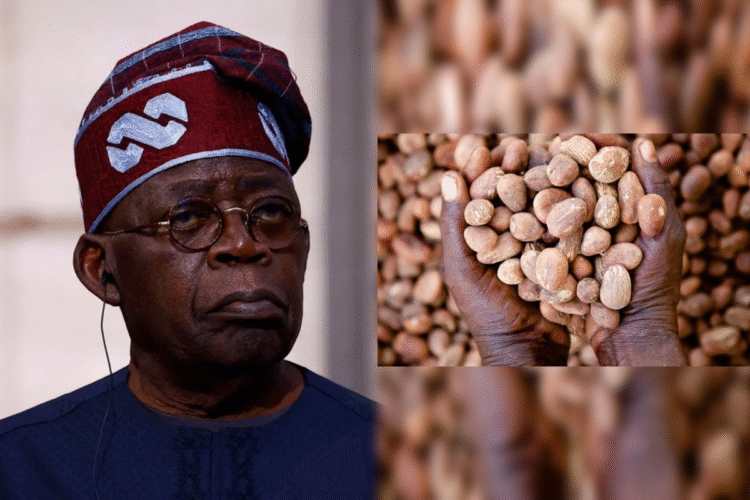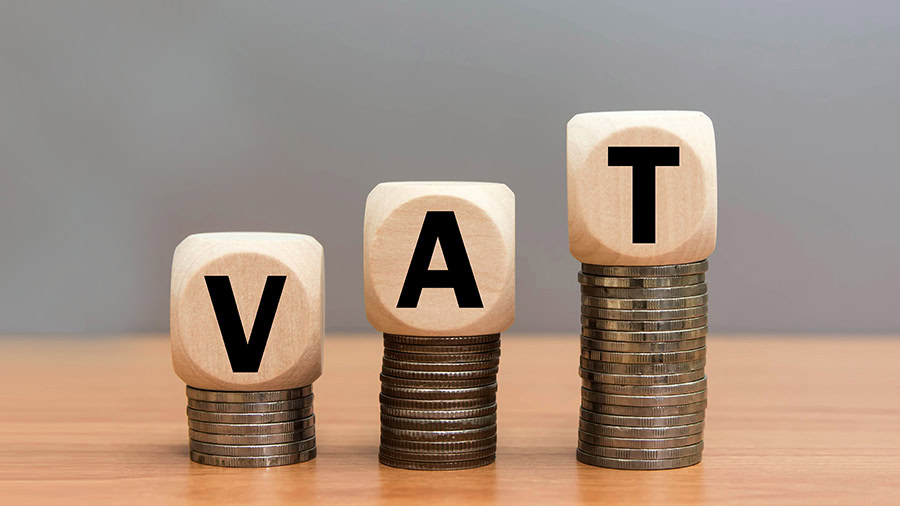Nigeria shea nut export ban aims to boost local processing, create jobs, and empower women while targeting \$300m annual earnings
Nigeria shea nut export ban marks a decisive step by President Bola Tinubu’s administration to reshape the nation’s agro-industrial sector.
Also read: US-Africa Trade and Business Network hosts successful export masterclass in Lagos
The six-month suspension, announced by Minister of Agriculture and Food Security Abubakar Kyari and backed by Vice President Kashim Shettima, is designed to curb informal trade, secure raw materials for local factories, and strengthen Nigeria’s foothold in the \$6.5 billion global shea industry.
Vice President Shettima stressed that the Nigeria shea nut export ban is not anti-trade but a pro-value addition policy.
He explained that the move would transform Nigeria from a raw shea exporter into a global supplier of refined products such as butter and oil, boosting rural incomes and creating thousands of jobs.
Despite producing nearly 40% of global shea, Nigeria holds only about 1% of the global market. With the ban, the government projects annual industry earnings of \$300 million in the short term, with a bold ambition to achieve tenfold growth by 2027.
Data from the Presidential Fertiliser Supply Chain Unit revealed that more than 90,000 metric tonnes of raw shea are lost yearly to unregulated trade, while local processors operate below half capacity.
By enforcing the Nigeria shea nut export ban, the government seeks to close this gap, aligning with strategies already adopted by neighbours like Ghana and Burkina Faso.
Kyari highlighted that Nigeria’s five million hectares of wild-growing shea trees give the country a natural advantage, positioning the crop as a key non-oil export under the Zero Oil Plan.
With women making up 90% of shea pickers and processors, the policy promises to serve as a game-changing empowerment tool, directly impacting livelihoods in rural communities.
International trade opportunities are also on the horizon. Nigeria and Brazil are finalising agreements that will soon open Brazilian markets to Nigerian shea products, enhancing global visibility for the country’s exports.
As Vice President Shettima concluded, “We are not closing doors; we are opening better ones.”
Also read: Unlock U.S. market opportunities! Join free Export & Prosper Masterclass in Lagos – tomorrow!
The Nigeria shea nut export ban signals not just economic diversification but a long-term investment in people, industry, and empowerment planting seeds that will bear fruit for decades to come.
























